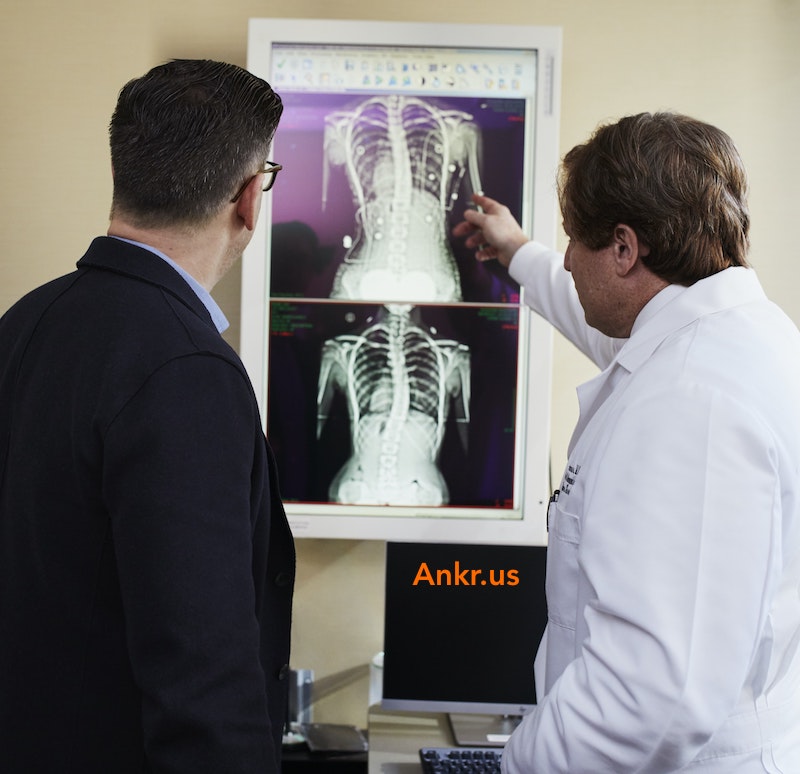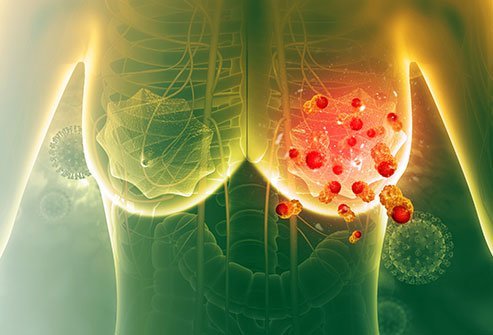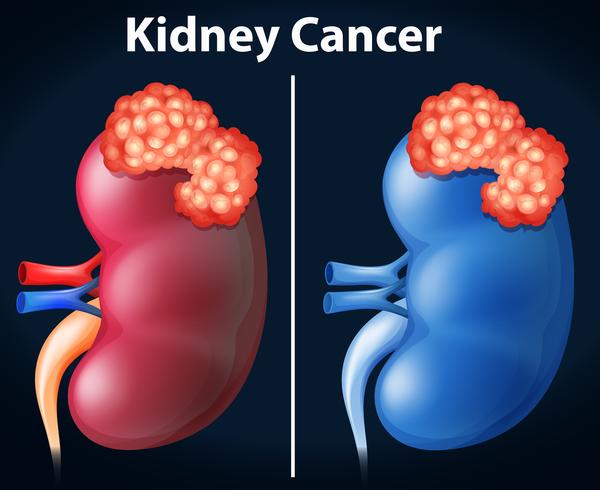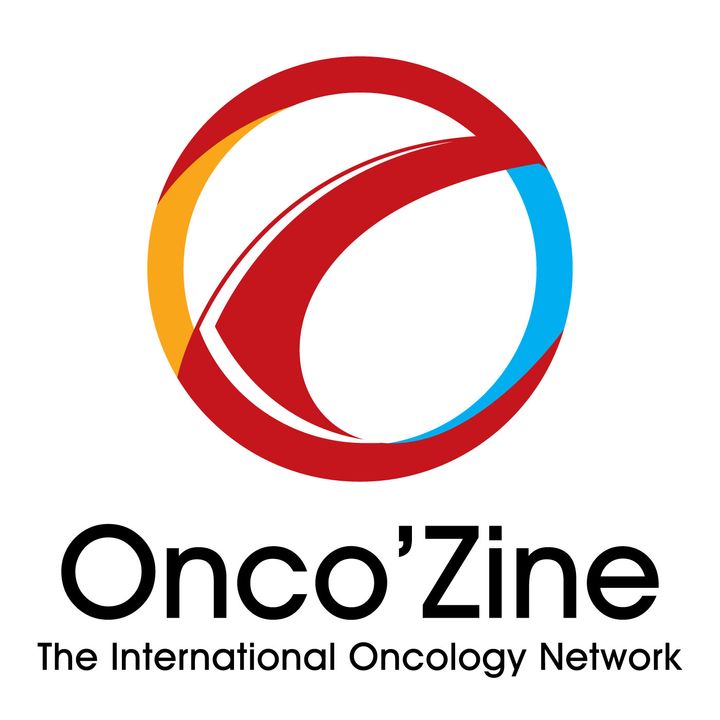Basics
A cancer diagnosis is often complex and unprecedented. You don’t feel prepared and often feel undirected on where to go from here and how to prepare for the next steps. When we face major life decisions like buying a house or choosing a career, we explore several options. It includes reviewing the risks, benefits, and conducting thorough research before making a final decision. It’s no different when opting for a Value of the second opinion for cancer on treatment.
The BMJ Quality & Safety healthcare journal published a study on diagnostic errors and estimated that approximately 10 million adults in the U.S. are misdiagnosed every year. Half of these misdiagnoses could potentially be harmful.Value of the second opinion for cancer Getting a second opinion reduces your risk of getting a wrong diagnosis and increases your chances of getting proper care.
Doctors also have varying treatment approaches, even when managing patients with a similar diagnosis. Some may take a conservative approach, while others may prefer aggressive treatment options. You have to decide which approach works best for you and your family. Value of the second opinion for cancer Seeing more than one doctor will give you more information from which to measure your options and make the best decision.
When you’re undergoing cancer treatment, it’s normal to wonder if another doctor could offer additional information or a treatment option. You might want to talk to another doctor about your test results, personal situation and to know a different take on it. Getting a second opinion can help to ensure your diagnosis and treatment plan.
What is a Second Opinion?
It is a review of the tests, symptoms, diagnosis, and treatment plan recommendations given by the first oncologist. Either you or the referring physician can ask for a second opinion. You can get a second opinion by calling another leading oncologist’s office in your neighborhood to schedule an appointment. Do your research and check with insurance if your preferred doctor is in or out-of-network. Once you have that information call your preferred doctor’s office to schedule an appointment. They will ask you a couple of questions about your diagnosis, doctor preference, wait time, available appointment blocks, etc. Once your appointment is scheduled someone will follow up to sign the Release of Information form to get access to all your Electronic Medical Records.
Why second opinion?
Reasons for getting a second opinion:
- confirm your diagnosis, seriousness of cancer type and other potential treatment options.
- hear from experts who have access to unique treatments, including clinical trials
- better understand the typical advancement of this type of cancer
- Know different views about managing the cancer
- get the industry expert opinion on your type of cancer.
- To confirm from other doctor on how aggressive of a treatment you want to go for especially in the beginning stages and prepare for their side effects
- The first doctor is uncertain about the type or stage of cancer
- If you are unable to make a decision from the treatment options given to you by your first doctor.
- If you have difficulty communicating and resonating with your first doctor and their extended care giving team.
- On the insistence of family members
Importance of the second opinion
For the above-mentioned reasons, second opinions can be comprehensive or inclusive of every perspective including the time frame of treatment options especially when performed with a multidisciplinary team (including surgeons, oncologists, radiation therapists, and social workers).
Takeaway
A second opinion often brings peace and comfort in the treatment plan if not value and is thus critical for cancer patients. Cancer treatments have evolved tremendously in the recent past. Hence, cancers are now more treatable than they once were, especially with a timely designed treatment plan. You must understand the type of cancer and available treatment options. However, there are many options for treatment that are more complicated than in the past. Hence, we encourage you to seek more than one opinion about cancer treatment. Also, a second opinion helps to get additional information from someone who has probably written a leading new treatment advancement in your cancer type. Second opinions are a common practice in the area of complex medicine that has multiple treatment options available.







